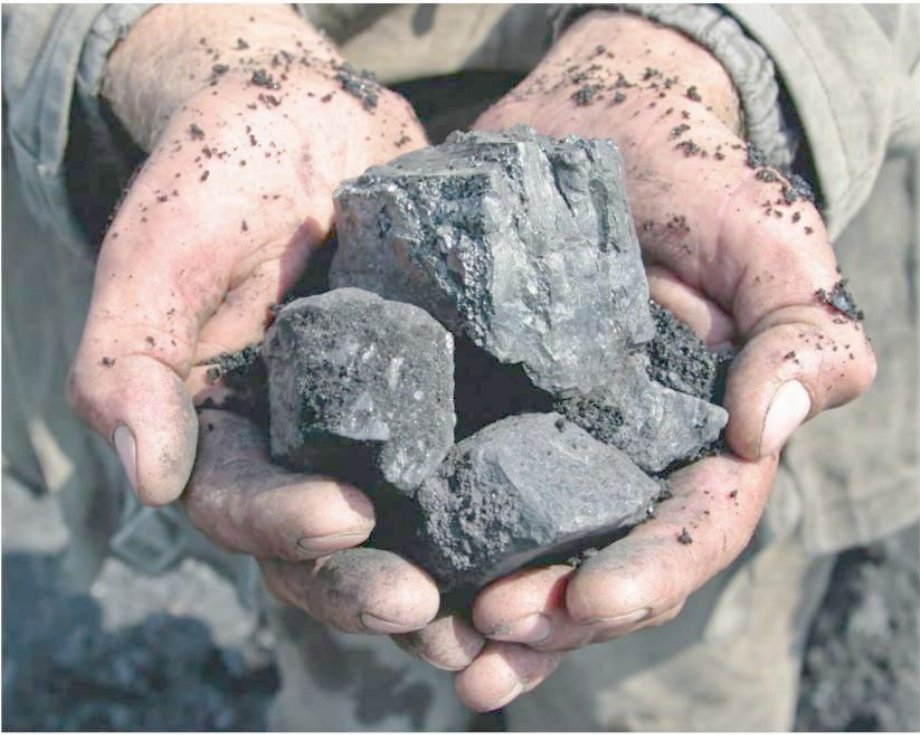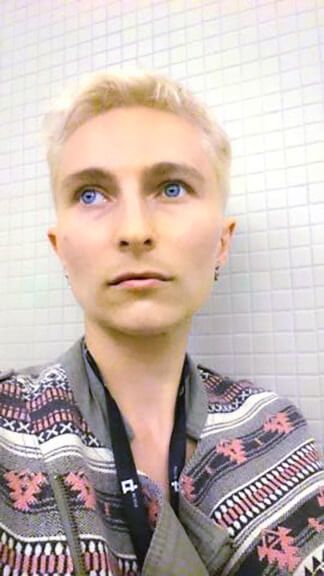Monika Sadkowska
Climate Camp
Actor, cultural manager, climate activist against open-pit mining
WBJ: Climate Camp was organized to “unbury the hatchet” – with whom?
Monika Sadkowska: Our attitude was to welcome a variety of groups to the camp and find a common link. It turned out that there’s no real conflict of interest when you start facing the effects of climate change – especially when you take a long-term perspective. Wouldn’t we all like to live as long as possible? Let’s divert the train that is heading in the wrong direction. We all are on the same train – the miners, the poor and the rich.
What do you expect from the miners who are revolting against their employers?
Most miners have a technical education. We would like them to contribute to building a vision of a better tomorrow. We owe the miners our help in making a “just transition.” The community of miners won’t be able to stop that train on their own. We would like to listen to their ideas, allow them to contribute to our vision, which is free from non-renewable energy resources.
We need to make them ready to adapt to change and to realize that Silesia doesn't just have to rely on its coal resources. Poland is yet to settle on its energy strategy and catch up with the times.
Considering the geological conditions in Poland, what should the strategy be?
Our conditions are similar to those in Germany. The opportunities are out there but we still aren’t quite ready in socio-political terms. We were made to think that the government would take care of priorities, at its own pace. Then, after the fall of communism, we turned to our short-term needs and consumerism.
The problem is that Germans mine three times as much brown coal as we do.
I’m not intending to glorify the German energy strategy. Nonetheless, it was in Germany where a coal commission was recently implemented. The commission is to regulate and eventually phase out coal mining.
Can Poland do without such a commission? The EU regulates the greenhouse gas emissions of all its member states.
The EU won’t be able to clean our air just by brandishing hefty fines. A great deal of mines are privately owned. Oftentimes, investors choose to pay the fines and continue taking profits from mining. Coal may just become more expensive and so the end users will eventually pay off all the EU fines.
Can eco-business then become a mine of wealth?
Absolutely, more and more people set up and invest in their pro-eco enterprises. There is an increasing demand on photovoltaic panels and electric cars. However, Polish regulators haven’t really caught up with the times and still do not make it easy to transition to renewable energy resourcing.
Maybe it’s time to appeal to the government instead of us, the plastic-bag carriers?
That’s what we had in mind when organizing the Climate Camp. We were glad to see politicians from local government and a local voivodship vice-marshal. We had anarchists, locals, politicians and NGO workers debating in the same tent. There were also visitors from South America, who told us about the persecution against eco-activism in Columbia.
Did you turn to the Polish government for support in organizing the Climate Camp?
I didn’t consider it, and I wouldn’t rule it out for next time. We should join forces.
What was your objective when setting up the Climate Camp?
We hoped to have 150 participants. Around 400 turned up. We aimed to involve a variety of influence groups, to create a safe space for discussions and hear all points of view. We set a rule that a difference of opinion must not lead to conflict. We didn’t accept any aggressive argumentation, no door slamming allowed in the camp, which – by the way – wouldn’t be easy to do in a tent!
What’s the state of Polish awareness of environmental threats?
Around 89 percent of Poles are in favor of moving away from coal mining, according to the Center of Public Opinion Research (CBOS). People are aware of air pollution in cities, and that temperatures can be extreme in the summers and winters. However, that’s not enough to make us act. There are three swear words starting with “K” in Polish. “Klimat” is just one of them.
With it being a taboo, how should we react when we see our grandparents shoving old shoes in the furnace?
There’s plenty of information on the do’s and don’ts of domestic waste disposal on the internet. Nonetheless, it’s hard to find tips on how to reach other people’s consciousness without sounding patronizing. It takes practice, a good understanding of the problem and calm reasoning. We just need to keep our common goal in mind.
President Andrzej Duda said recently that the EU is an “imaginary community.” Following his comments, we can conclude that Polish people are no different to such a community. The magic lies in what connects us, how we communicate and the values we share. It’s easy to put up barriers and divisions, but it takes years of effort to unite communities.
Who spearheaded the Climate Camp and how did the idea come about?
I was the most visible person in the process, but the fact is that it was all teamwork. Most of those involved worked voluntarily. The idea began in the Czech Republic last year, during “We Are the Limits” (“Limity Jsme My”).
Locals got together to protest against mines which exceeded limits of coal mining and gas emissions. We were inspired by our neighbors’ empowerment and the force of making a positive difference. While sipping tea, someone asked: “why not do it in Poland.”
Are you planning to continue the debate about protecting the environment next year too?
Let’s make it clear. It’s not about protecting the environment. I am part of the environment. I am not some alien being that is disconnected from the environment. I owe four out of every 10 breaths I take to plankton. If I poison my external lungs, then my own are of no use. I need to protect myself. As for the Climate Camp – yes, I’d like to continue it next year.
What will you do differently next time?
The objective won’t change, I think. The effects of climate change are a complex matter and so we shouldn’t run debates without a board of experts. We’d like to engage a wider team of authorities, involving more professionals from the mining industry. We will continue our culture of holding an open and safe space for discussions. I am not sure if the Climate Camp will be held in the same location next year, we will need to wait and see.



















